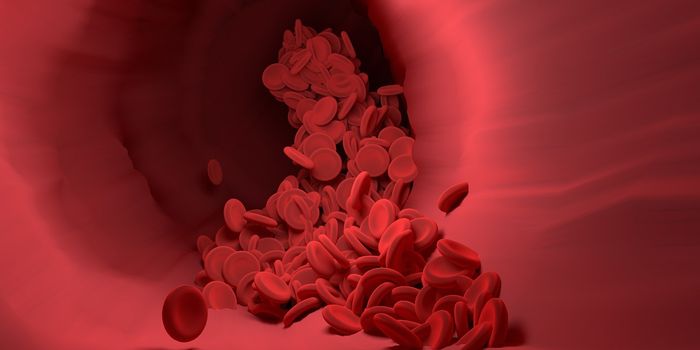When a woman was brought to the hospital with
bidirectional ventricular tachycardia (BVT), her doctors tried all of the normal treatments without success. Pumping her stomach finally helped reduce the severity of her condition and regulate her circulation. But what does her stomach content have to do with her outrageously elevated resting heart rate and distinct abnormal ECG pattern? In addition to her BVT, the doctors also found poisonous amounts of aconitine in her system.
Aconitine is a natural ingredient obtained from the
Aconitum plant and is the primary compound found in a traditional Chinese medicine product, Fuzi. Before experiencing a sudden drop in blood pressure and passing out, the woman had apparently ingested 50 millileters of Fuzi, which is intended to reduce inflammation and relieve pain in much smaller doses, since aconitine is actually known to be toxic.
"You can't give aconite to everyone," said Heiner Fruehauf, PhD, an expert on traditional chinese medicine, specifically the growing and processing of aconite for use in products like Fuzi (
Classical Chinese Medicine).
The woman had no personal or family history of heart rhythm problems. When her husband arrived with her at the hospital her heart rate was 150 beats per minute (normal rate is about 60-100), and her skin was "cool, moist, and cyanotic." The results from studying her condition were published this week in the
Canadian Journal of Cardiology.
Cases like this are particularly dangerous because treating the BVT with the regular solutions does not work with the additional complication of the aconitine toxication. However, it is important to acknowledge that aconitine is not the only natural ingredient that can cause BVT. Lower recommended levels of Fuzi are perfectly safe and meet the expectations of the people who take them for inflammatory and pain purposes.
Canadian doctor P. Timothy Pollak, MD, PhD, FRCPC, calls this situation an example of the "human tendency to think that if a little is good, more must be better."
Watch the following video to learn more about the aconitum plant and how its toxins can impact human health.









